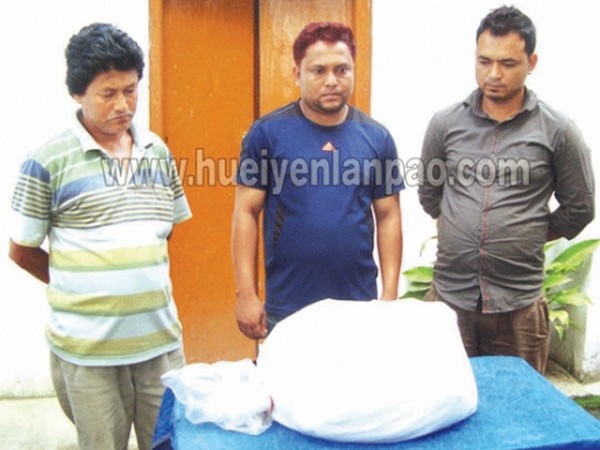The Delhi High Court today sought the Centre's response to a PIL which challenges the appointment of K Chandramaouli as Chairperson of the Food Safety and Standards Authority of India (FSSAI) claiming that he has no experience in food safety/food science and technology as prescribed under FSS Act.
A bench of Chief Justice D Muriugesan and Jayant Nath sought the Health Ministry's FSSAI and others' response by August 17 on the PIL filed by Lok Jagritian, a registered society.
The PIL said "Chandramaouli has never been associated with food science or safety aspect in his entire career. In the Ministry of Health, he has been associated with AIDS control programme and only towards the end as Secretary, Health, he was made administrative head of the ministry.
"He has no idea about the regulations of food laws and as such he is issuing various advisories which are against the mandate of the foodlaw," the plea also said.
Referring to Chandramaouli's direction for closure of the Central Food Laboratory, (CFL) Gaziabad, the PIL said "CFL is also a referral laboratory under FSS Regulations 2011, the closure of which will require approval of the board of Food authority, amendment of the FSS Act Rules and Regulation...".
"He, being the person having no prior experience or knowledge of food sciences, does not seem to understand the repercussions his arbitrary actions will have on the whole food regime of this country," the plea said.
A bench of Chief Justice D Muriugesan and Jayant Nath sought the Health Ministry's FSSAI and others' response by August 17 on the PIL filed by Lok Jagritian, a registered society.
The PIL said "Chandramaouli has never been associated with food science or safety aspect in his entire career. In the Ministry of Health, he has been associated with AIDS control programme and only towards the end as Secretary, Health, he was made administrative head of the ministry.
"He has no idea about the regulations of food laws and as such he is issuing various advisories which are against the mandate of the foodlaw," the plea also said.
Referring to Chandramaouli's direction for closure of the Central Food Laboratory, (CFL) Gaziabad, the PIL said "CFL is also a referral laboratory under FSS Regulations 2011, the closure of which will require approval of the board of Food authority, amendment of the FSS Act Rules and Regulation...".
"He, being the person having no prior experience or knowledge of food sciences, does not seem to understand the repercussions his arbitrary actions will have on the whole food regime of this country," the plea said.









